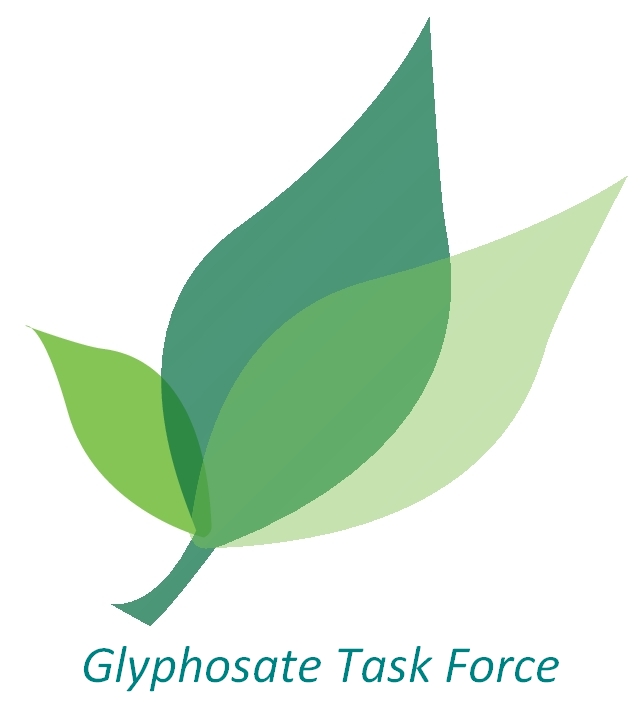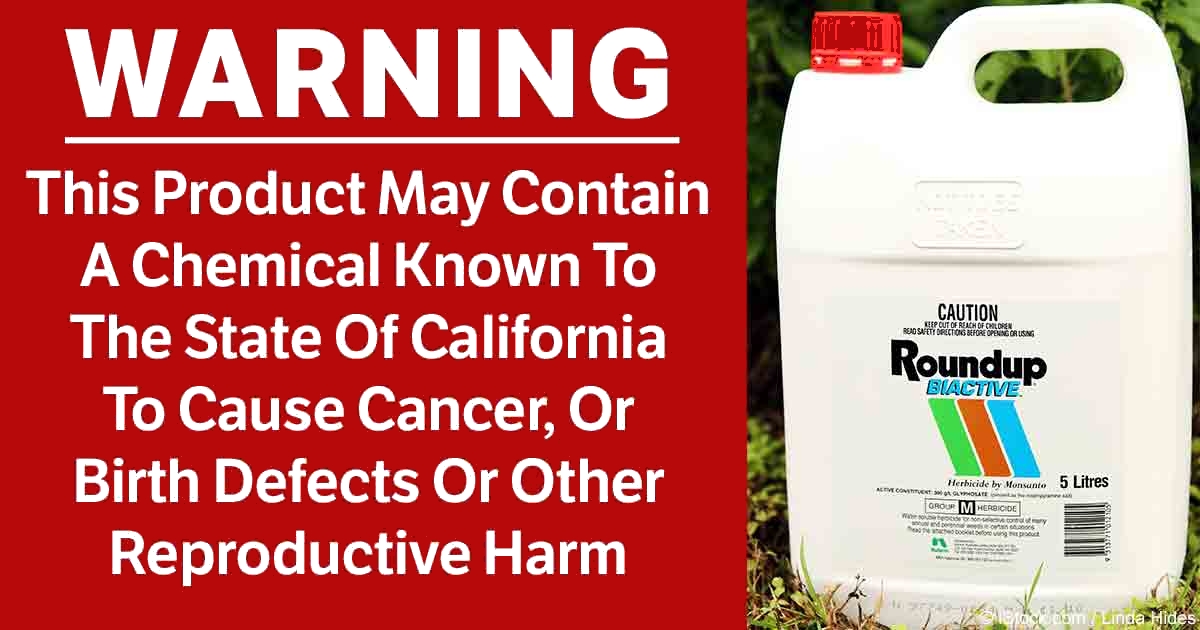Respect for your privacy is our priority
The cookie is a small information file stored in your browser each time you visit our web page.Cookies are useful because they record the history of your activity on our web page. Thus, when you return to the page, it identifies you and configures its content based on your browsing habits, your identity and your preferences.
You may accept cookies or refuse, block or delete cookies, at your convenience. To do this, you can choose from one of the options available on this window or even and if necessary, by configuring your browser.
If you refuse cookies, we can not guarantee the proper functioning of the various features of our web page.
For more information, please read the COOKIES INFORMATION section on our web page.


 The Glyphosate Task Force, an industry group that includes Monsanto and Syngenta, said in a statement that it was "profoundly disappointed at the outcome of today's meeting whereby member states categorically ignored scientific advice." The group added that it believed the decision was "not related to any scientific assessment and mainly influenced by public perception and driven by politics.”
The Glyphosate Task Force, an industry group that includes Monsanto and Syngenta, said in a statement that it was "profoundly disappointed at the outcome of today's meeting whereby member states categorically ignored scientific advice." The group added that it believed the decision was "not related to any scientific assessment and mainly influenced by public perception and driven by politics.” According to Monsanto, because of "California’s unjustified listing of glyphosate" in July 2017, manufacturers of products containing glyphosate, or products with even trace residues of glyphosate, sold in California could be required to affix a “false and misleading warning label to their products” starting in 2018. This labelling requirement would not only impact Monsanto and its Roundup-branded products, but also other glyphosate-based herbicides produced by other companies, the crops grown by U.S. farmers who use the herbicide, and food products derived from those crops. The consequences of this labelling requirement could be significant, including higher production and compliance costs that translate into higher prices for consumers at the grocery store.
According to Monsanto, because of "California’s unjustified listing of glyphosate" in July 2017, manufacturers of products containing glyphosate, or products with even trace residues of glyphosate, sold in California could be required to affix a “false and misleading warning label to their products” starting in 2018. This labelling requirement would not only impact Monsanto and its Roundup-branded products, but also other glyphosate-based herbicides produced by other companies, the crops grown by U.S. farmers who use the herbicide, and food products derived from those crops. The consequences of this labelling requirement could be significant, including higher production and compliance costs that translate into higher prices for consumers at the grocery store.





























